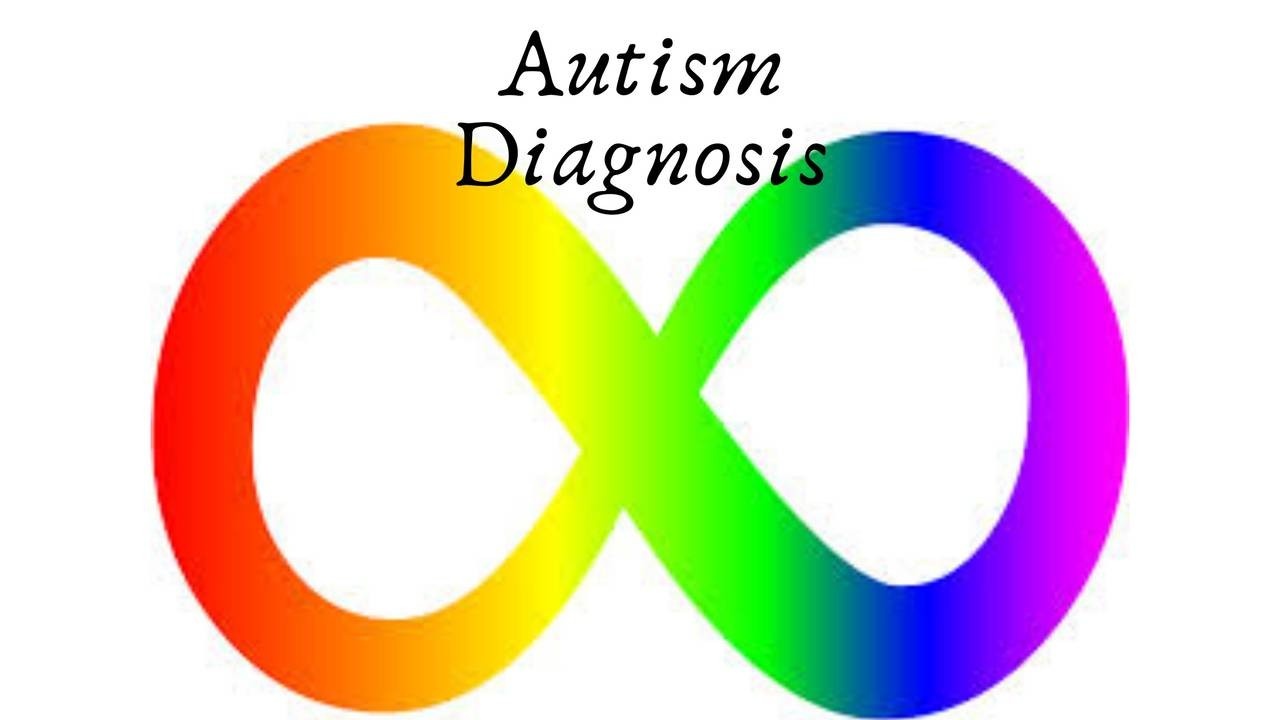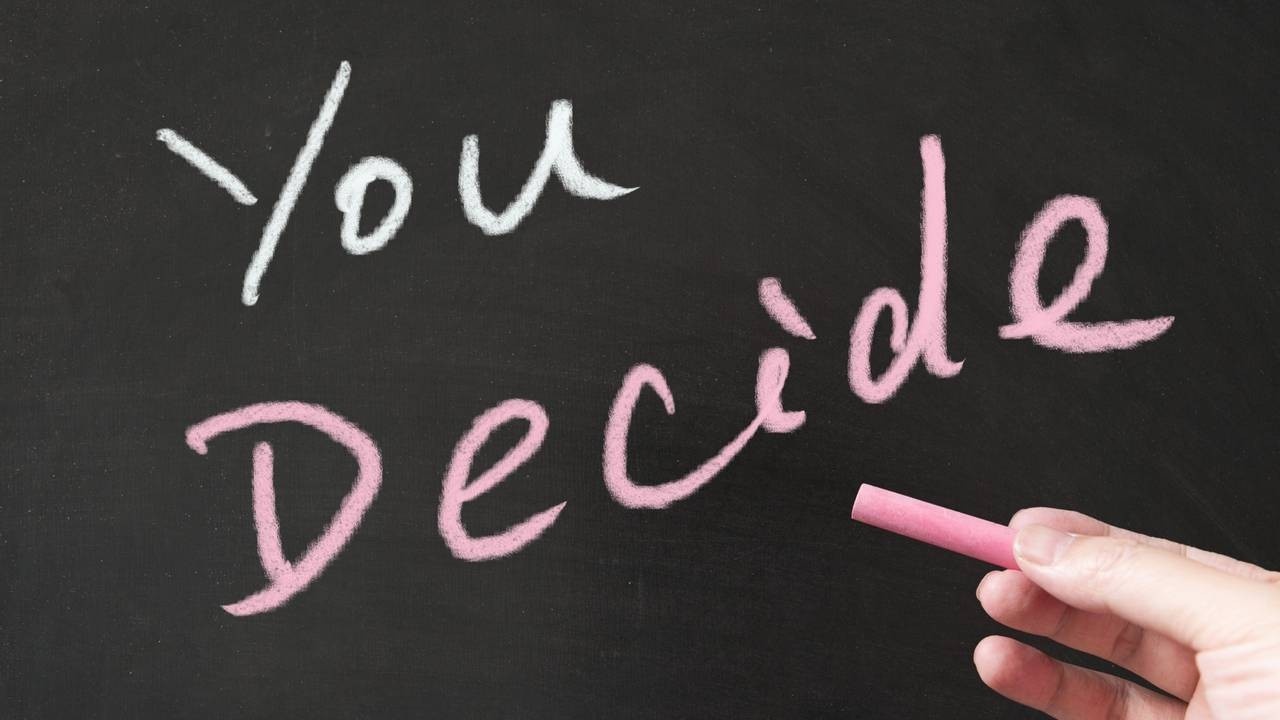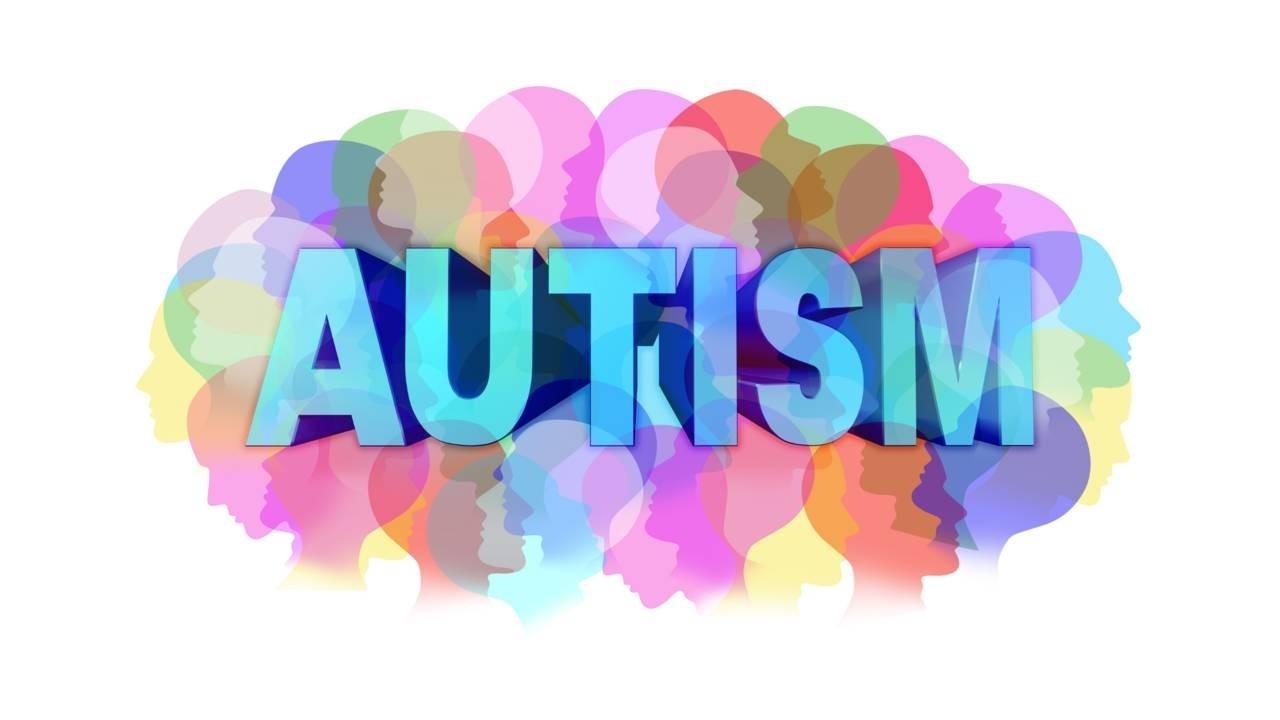Why does it take so long to get an autism diagnosis as an adult?

Jane* is an exceptionally talented person in the creative arts. We met this week in our diagnostic clinic to answer the autism question. “Do I have an autism spectrum condition?”
Jane was identified as “gifted and talented” at school. Jane’s a magician with words. Conversation brims with vivid descriptions and it’s not hard to see why writing is the career of choice.
But at 30 years of age, Jane has little to show for all these talents. University didn’t pan out and there is a somewhat chequered work history.
Jane is angry. Life has been challenging and there are less achievements than were hoped for. Jane wonders why no-one considered the possibility of autism when the struggles were plain at school? Why did the University not step in to help when things started to unravel? Jane feels let down.
Adults often feel relieved when they finally receive their autism diagnosis. It is an explanation for the challenges they have gone through. It validates their experience of life and explai...
To disclose or not disclose. What’s in the decision?

Have you ever watched one of those high-speed videos which shows the artist painting a picture from beginning to end? For a while, all the splodges and colours make no sense. Then at some point, there’s enough detail and you get it. You can finally see the beautiful animal, sunset or person that flows from the artist’s fingertips.
Our lives are a lot like that. Most people only see a few of the lines and splodges that make up who we are. They don’t have the full picture. And as a result, they only know us in part.
Disclosure of an autism diagnosis is about letting people see more of the real you. Letting them know who you are instead of concealing your true self.
But disclosure can feel very daunting and for good reason. People’s experiences are mixed and to make matters worse, there are no cut and dried rules to follow. Because everyone’s circumstances vary, it’s an individual decision for each person to make. But that doesn’t mean you have to decide on a whim. There are thing...
Is an autism diagnosis really necessary?

Are you caught in a diagnostic dilemma? Wondering whether you should pursue a diagnosis for your child or not? Are you stuck in a catch 22 of wanting to know but at the same time not really wanting to know? If this is you, you are not alone!
Many parents have concerns about the implications of a diagnosis. Some fear the label “autism” because of what it may mean for their child. Others worry about possible judgement from the people around them. Some parents steer away from labels because they don’t want to box their child. And then, there are those who hope their child will grow out of the challenges and catch up with their peers.
Of course, all these perspectives contain valid points. Whether they reflect your fears, hopes or just your outlook on life – you are not wrong. Everyone’s situation is different and there are many factors involved. Coming to terms with the idea that your child may be autistic can also be very challenging. The diagnostic process can feel like a hike up Mou...
Could my child be autistic?

For most parents, the pending arrival of a new baby is filled with a sense of awe and excitement. And once that precious life is safely delivered, it’s not long before the good news is eagerly shared with friends and family. As the months go by, parents take pleasure in the baby and celebrate each milestone with feelings so deep they’re hard to explain. As one parent said in a recent email to me, “… words cannot describe what joy he brings me. Even when I go to work, I yearn to be able to play with him and make him giggle.”
That intense joy, as every parent knows, often comes hand-in-hand with another less pleasant emotion. Worry. Why is my baby crying? Why isn’t my toddler speaking? Why isn’t my child doing what other children do?
Worries, for the most part, are short lived. They come and they go. Fevers disappear, toddlers learn to walk, and words eventually begin to surface. But sometimes worries linger. Sometimes things do not resolve by themselves. Of course, no parent wants to ...
